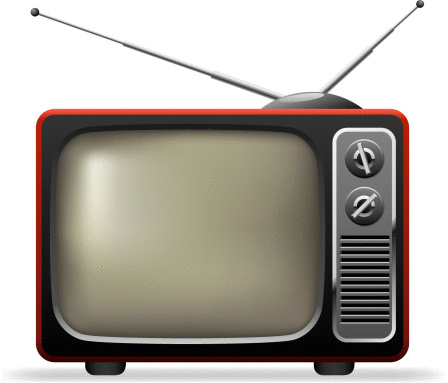Media
Cable TV Costs Too Much (TWC, DISH, DTV, LMCA, DIS, NWS, NFLX)
Published:
Last Updated:
 The CEO of Time Warner Cable Inc. (NYSE: TWC) today told an investor conference that programming is “just starting to cost too much,” and that his company will be taking a “hard look” at their programming contracts and likely would drop channels that are too costly relative to their attractiveness to customers.
The CEO of Time Warner Cable Inc. (NYSE: TWC) today told an investor conference that programming is “just starting to cost too much,” and that his company will be taking a “hard look” at their programming contracts and likely would drop channels that are too costly relative to their attractiveness to customers.
His remarks dovetail rather well with a report in the Los Angeles Times that focuses on sports programming, which now accounts for about half the cost of an average $90 per month cable or satellite contract. Time Warner Cable, Dish Network Inc. (NASDAQ: DISH), and DirecTV (NASDAQ: DTV), among other cable and satellite providers, are getting whipsawed by national and regional sports programming contracts that are approaching half a customer’s total monthly bill.
John Malone, who is chairman of cable company Liberty Media Corp. (NASDAQ: LMCA), told the LA Times:
We’ve got runaway sports rights, runaway sports salaries and what is essentially a high tax on a lot of households that don’t have a lot of interest in sports. The consumer is really getting squeezed, as is the cable operator.
And an executive at DirecTV said:
There are not new pro and college games being created. You are getting the same product being reshuffled into smaller slices at higher prices. That’s not a model consumers can continue to support.
For consumers who watch a lot of sports, that’s not altogether a bad thing because a lot more games are available. But for consumers who don’t watch sports regularly, the cost of these sports stations is a subsidy they pay for the other cable and satellite subscribers who do watch all those games.
The answer might be so-called “a la carte” programming, an option that cable and satellite providers have resisted for years. The sports networks, like The Walt Disney Co.’s (NYSE: DIS) ESPN and News Corp.’s (NASDAQ: NWS) Fox Sports would clearly prefer to keep the current bundling system because it values their product so highly.
Sports programming is valuable because most fans watch the events live, soaking up all those ad minutes along with the game. No fast-forwarding through commercials means those eyeballs are locked-in for at least two or three hours. Just like the good old days.
From point of view of non-sports watchers, there’s no reason they should subsidize sports programming. If cable and satellite operators put their weight behind the a la carte approach, there could be a significant change in the TV programming landscape.
Aside from technology that allows viewers to record TV programming to watch (without commercials) later, cable and satellite operators are seeing their subscriber numbers fall off as customers “cut the cord.” Here’s something we wrote earlier this year:
Research firm Convergence Consulting recently released studies on broadcast and cable TV and bundling. Between 2000 and 2009, cable TV subscriber additions averaged 2 million a year. In 2010 additions totaled 272,000 and in 2011 additions totaled just 112,000. The firm estimates that 2.65 million cable subscribers “cut the cord” between 2008 and 2011, choosing instead to rely on “over-the-top” services from Netflix Inc. (NASDAQ: NFLX) and others. By the end of this year, the firm estimates there will be 3.58 million cord cutters.
That’s the big reason cable and satellite providers are trying to get into the wireless carrier business. It gives them a revenue stream to replace the one they’re losing to Internet streaming.
The sports programmers are wary because if the cable and satellite packages are slimmed down, then they will have to cut their demands of consumers. If that happens, sports teams will have to cut their demands of sports programmers, and players will have to lower their salary demands. There could be a sea change in the works.
Paul Ausick
Are you ahead, or behind on retirement? For families with more than $500,000 saved for retirement, finding a financial advisor who puts your interest first can be the difference, and today it’s easier than ever. SmartAsset’s free tool matches you with up to three fiduciary financial advisors who serve your area in minutes. Each advisor has been carefully vetted and must act in your best interests. Start your search now.
If you’ve saved and built a substantial nest egg for you and your family, don’t delay; get started right here and help your retirement dreams become a retirement reality.
Thank you for reading! Have some feedback for us?
Contact the 24/7 Wall St. editorial team.